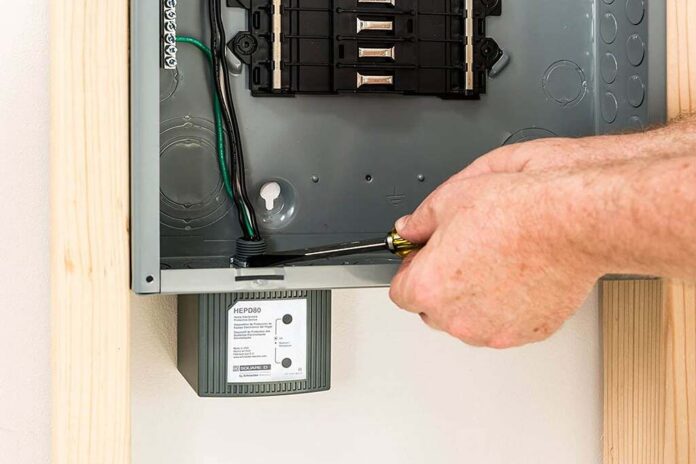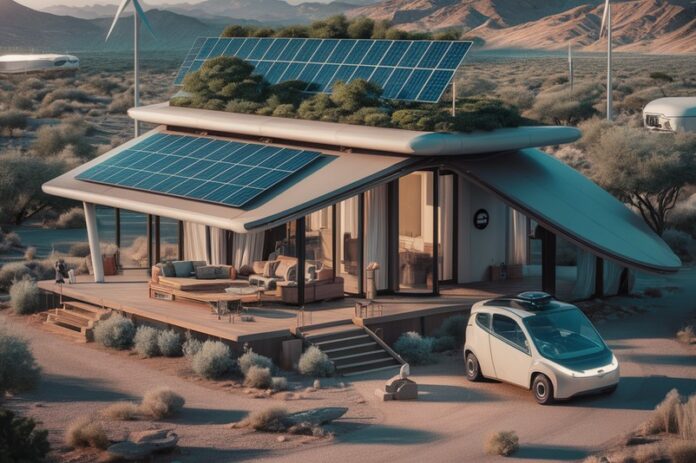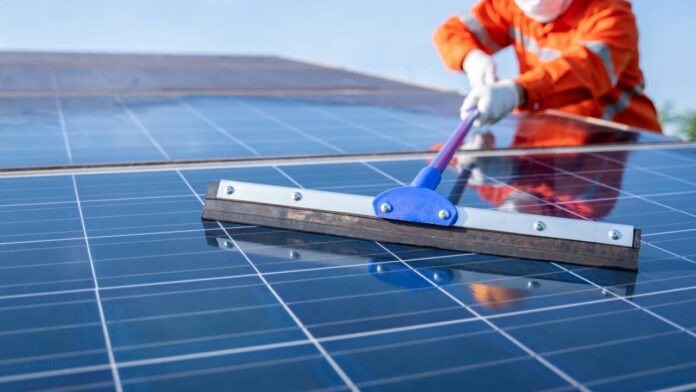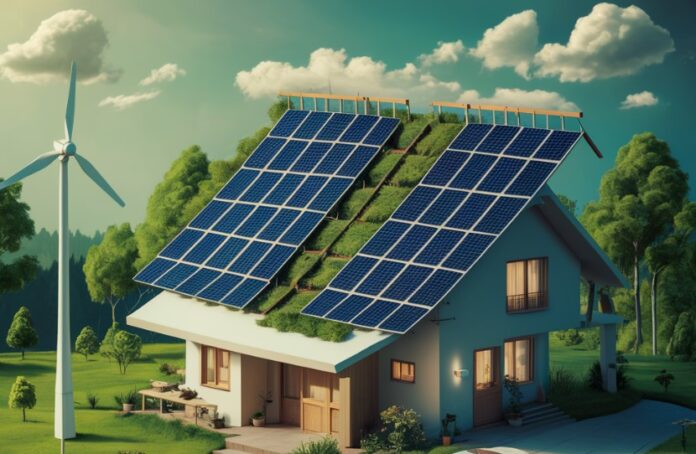Maintaining an off-grid solar system is crucial for anyone looking to harness renewable energy while living independently of the traditional power grid. These systems offer a sustainable solution for generating electricity, but they also require regular upkeep to ensure optimal performance. Understanding the best practices for maintaining off-grid solar systems is essential to maximize efficiency and longevity.
Off-grid solar systems are a significant investment, and proper maintenance is the key to protecting this investment. From keeping the solar panels clean to monitoring the charge controller, each component of the system plays a vital role in energy production and storage. Neglecting maintenance can lead to decreased efficiency and costly repairs.
Regular maintenance not only enhances the system’s performance but also extends its lifespan, making it a more cost-effective solution in the long run. Whether you are new to off-grid living or an experienced user, knowing how to care for your solar system is fundamental. For more detailed guidance on off-grid solar panel systems, search for off-grid solar panel system.
Check and Clean Your Solar Panels Regularly
Solar panels are the heart of any off-grid solar system. Their efficiency in converting sunlight into usable energy directly impacts the system’s overall performance. Over time, dust, bird droppings, pollen, and other debris can accumulate on the panels, reducing their effectiveness.
Regularly inspecting and cleaning your solar panels is vital. Turn off the system before cleaning to ensure safety. Use a soft brush and water to remove dirt and grime gently. Avoid using harsh detergents or abrasive materials, as they can scratch or damage the panels. Keeping the panels clean ensures maximum energy output and extends the system’s lifespan.
Regular maintenance of the panels also helps you identify any potential issues early, such as cracks or other damage. Addressing these problems promptly can prevent more serious issues and ensure that your solar system continues to operate efficiently.
Monitor the Charge Controller
The charge controller is a crucial component of an off-grid solar system. It regulates the power flow between the solar panels and the batteries, preventing overcharging or excessive draining. Both overcharging and deep discharging can significantly shorten battery life and lead to potential hazards.
Regularly checking the charge controller’s settings and functionality is essential. Ensure that the settings match the recommended voltage for your battery type. Any deviation or malfunction should be addressed promptly, either by consulting the system’s manual or contacting a professional. Proper maintenance of the charge controller ensures a smooth and safe energy transition.
Monitoring the charge controller also helps in maintaining the overall balance of your solar system. By keeping an eye on its performance, you can detect any irregularities early and take corrective measures to avoid long-term damage.
Maintain Your Batteries
Batteries store the energy generated by solar panels for use during periods without sunlight. Their condition directly affects the reliability of your solar system. For lead-acid batteries, it’s essential to check water levels regularly and top off with distilled water as needed. Tap water contains minerals that can harm the battery cells.
Keep the battery area clean and free from debris. Check for corrosion on the terminals and clean them with a mixture of baking soda and water if necessary. A well-maintained battery system provides consistent power and extends the overall lifespan of your solar setup.
Regular battery maintenance also includes checking for signs of wear and tear, such as swelling or leaks. Early detection of such issues can prevent battery failure and ensure uninterrupted power supply.
Protect Your System from Extreme Weather
Extreme weather can pose significant challenges to off-grid solar systems. Strong winds, heavy snowfall, and intense heat can all impact the system’s components. Securely anchoring the solar panels can prevent them from being dislodged during storms.
Protect cables and connections from water damage and ensure they are well-insulated. In snowy regions, install panels at an angle that allows snow to slide off easily. In areas with intense sunlight, use shade structures or protective covers to mitigate excessive heat. These precautions help maintain efficiency and prevent damage.
Additionally, having a weatherproof housing for critical components like inverters and batteries can offer extra protection. This helps in minimizing the risk of damage due to environmental factors and prolongs the lifespan of your system.
Install Surge Protectors

Electrical surges, often caused by lightning or power line issues, can damage sensitive solar components. Installing surge protectors helps divert excessive currents away from your system, protecting it from potential harm. Invest in high-quality surge protectors for reliable protection.
Surge protectors are a relatively inexpensive investment compared to the cost of replacing damaged components. Ensuring that all parts of your system are safeguarded against electrical surges can save you from significant expenses and downtime.
Schedule Professional Inspections
While regular personal maintenance is crucial, professional inspections can identify issues that might go unnoticed. Licensed solar technicians have the expertise to diagnose and address problems early, preventing costly repairs. They can also provide insights into the latest maintenance practices and advancements in solar technology.
Professional inspections should be scheduled at least once a year, or more frequently if you live in an area with harsh weather conditions. Keeping up with these inspections ensures that your system is always in peak condition.
Conclusion
Maintaining an off-grid solar system involves regular checks and care for each component, from solar panels to batteries and charge controllers. Proper maintenance ensures consistent performance, extends the system’s lifespan, and protects your investment. By following these best practices, you can enjoy reliable, sustainable energy from your off-grid solar system for years to come.
Investing time in learning and applying these maintenance practices not only secures your energy supply but also contributes to a greener planet. As technology evolves, staying updated with the latest advancements and incorporating them into your maintenance routine can further enhance the efficiency and reliability of your system. Embrace the responsibility of maintaining your off-grid solar system and reap the benefits of sustainable living.











